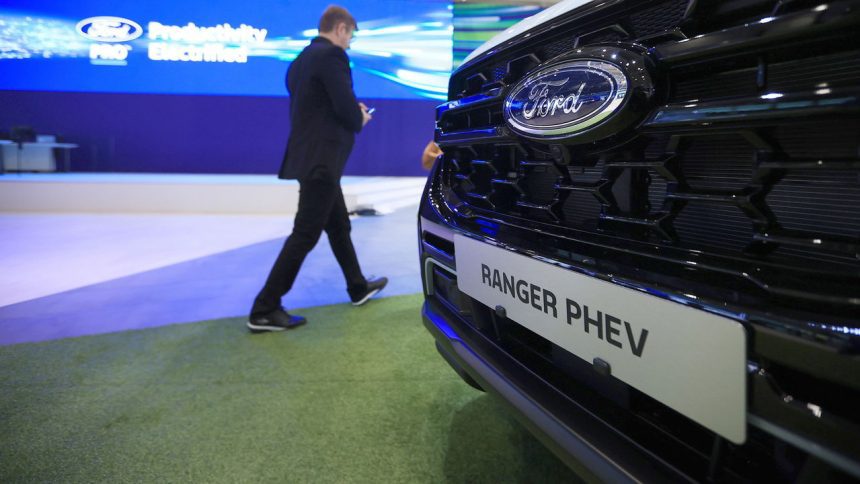The Future Drive: Embracing Fully Electric Vehicles
Introduction to Electrification Trends
The automotive landscape is undergoing a significant transformation as fully electric vehicles (EVs) position themselves at the forefront of this revolution. While hybrid models have garnered attention and support, they may not sustain their popularity in the long run. The momentum is firmly shifting towards all-electric solutions, highlighting their advantages in sustainability and efficiency.
The Decline of Hybrid Interest
Many consumers have shown enthusiasm for hybrids due to their ability to combine traditional engine power with zero-emission capabilities. However, the novelty of these vehicles is beginning to wane as buyers increasingly recognize the superior benefits offered by completely electric models. With advancements in battery technology and charging infrastructure, fully electric cars are rapidly becoming more accessible and practical for everyday use.
Environmental Advantages of Fully Electric Models
Purely electric vehicles stand out primarily for their minimal environmental impact. Studies indicate that EVs produce significantly lower carbon emissions over their lifecycle compared to hybrids, which still rely on fossil fuels during operation. As governments worldwide intensify efforts to combat climate change—backed by policies aiming for net-zero emissions—fully electric automobiles align more closely with these ambitious targets.
Technological Innovations Driving Change
Recent developments in EV technology have led to remarkable improvements in battery life and efficiency. For instance, some modern all-electric models can now achieve a range exceeding 400 miles on a single charge, surpassing many hybrids’ capabilities. Additionally, rapid charging stations are becoming increasingly prevalent; many countries aim to install thousands more locations within the next few years—a move expected to alleviate consumer concerns about accessibility.
Consumer Preferences Shifting Toward Full Electrification
Surveys reveal an increasing shift in consumer preferences toward fully electric options; according to recent data from auto industry analysts, sales of EVs accounted for nearly 10% of new car registrations globally last year—a figure that continues climbing steadily as awareness grows regarding both environmental issues and long-term cost savings associated with owning such vehicles.
Cost-Effectiveness Over Time
While initial investments in fully electrics may seem high compared to traditional or hybrid cars, potential owners often overlook significant operational savings over time—fuel costs plummet when switching from gasoline or diesel cars! Furthermore, government incentives aimed at promoting greener choices can mitigate upfront expenses considerably.
Conclusion: A Shift Towards Fully Electric Future
In wrapping up this analysis on vehicle trends moving forward into an era focused on sustainability combined with technological advancement—it’s clear that while hybrids serve an important role today—they are unlikely capable enough alone when pitched against emerging pure electrics aspiring towards cleaner driving experiences altogether! As infrastructures develop further alongside continued leaps forward concerning automotive engineering itself—the potential future resides overwhelmingly hidden behind those silent wheels cruising effortlessly onward without guilt into tomorrow’s epoch packed full ahead!






